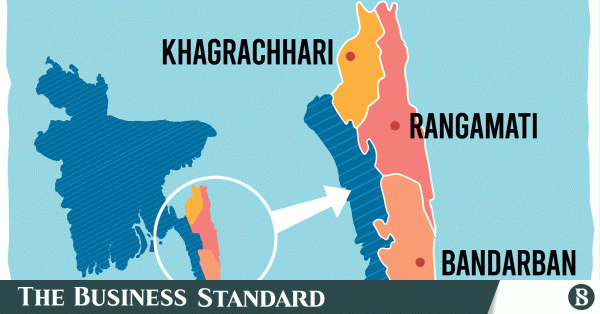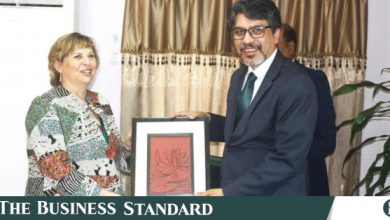Govt aims for cashless transactions by 2031, full broadband coverage by 2041: Document


An official document presented to Parliament highlights the objective of achieving complete cashless transactions by 2031, attaining an average per capita income of $12,500 and eradicating poverty by 2041
File photo of a point of sale (POS) machine. Photo: Saqlain Rizve
“>
File photo of a point of sale (POS) machine. Photo: Saqlain Rizve
The government has set an ambitious target of making all types of transactions cashless by 2031, with the aim of fostering a Smart Economy.
The government has pledged to develop a Smart Bangladesh by 2041 based on four basic pillars: Smart Citizens, Smart Economy, Smart Government, and Smart Society.
The goal of the Smart Economy is to create a circular economy fueled by industry modernisation, the expansion of the ICT sector, and a strong technological foundation.
An official document presented to Parliament highlights the objective of achieving complete cashless transactions by 2031, attaining an average per capita income of $12,500 and eradicating poverty by 2041.
The roadmap also includes achieving a 2.5% Total Factor Productivity (TFP) growth in GDP by 2041, while ensuring the digital inclusion of all private sectors, including Cottage, Micro, Small, and Medium Enterprises (CMSME).
It mentioned that priority will be given to frontier technologies in technological capacity building and setting regional precedents in the use of technology to facilitate business.
Frontier technologies refer to the leading edge of technological progress, often representing the most advanced and groundbreaking innovations. These technologies are at the forefront of scientific and technological research and are expected to have a profound impact on various industries.
Frontier technologies can include advancements in areas such as biotechnology, nanotechnology, quantum computing, and advanced materials.
Frontier technologies refer to cutting-edge and innovative technologies that are at the forefront of scientific and technological advancements.
These technologies often represent the leading edge of progress in various fields and have the potential to bring about significant changes in society, the economy, and other aspects of human life.
The term “frontier” implies that these technologies are pushing the boundaries of what is currently possible and are exploring new frontiers of knowledge and capability.
“A minimum of 50 unicorn startups will be created by 2041 through research, innovation and the introduction of an entrepreneurial economic system,” the document said.
In business, a unicorn is a startup company valued at over US$1 billion which is privately owned and not listed on a share market. The term was first published in 2013 and coined by venture capitalist Aileen Lee, who chose the mythical animal to represent the statistical rarity of such successful ventures.
Currently, Bangladesh has more than 8,000 startups. Of these, Bkash and Nagad have become Unicorns. Globally, Bangladesh is number 39 in terms of the total number of Unicorns created.
The document also said that 3% FDI (Foreign Direct Investment) in GDP will be ensured by 2031 through ease of doing business to increase business potential and develop Bangladesh as a frontier technology regional export hub by 2041.
To improve the position in the international ranking of ease of doing business by creating an effective service platform by 2026 to increase business potential.
Besides, the government will increase the use of high-speed and reliable broadband to over 70% by 2026 and increase to 100% by 2031.
Awami League in its manifesto for the 12th National Parliamentary Election pledged with a comprehensive plan to build a ‘Smart Bangladesh’.
The manifesto places a significant emphasis on the youth and lays out both immediate goals and future plans for the nation’s progress.
The manifesto showcases a commitment to harnessing the potential of the youth in driving the country towards a technologically advanced and economically prosperous future.




